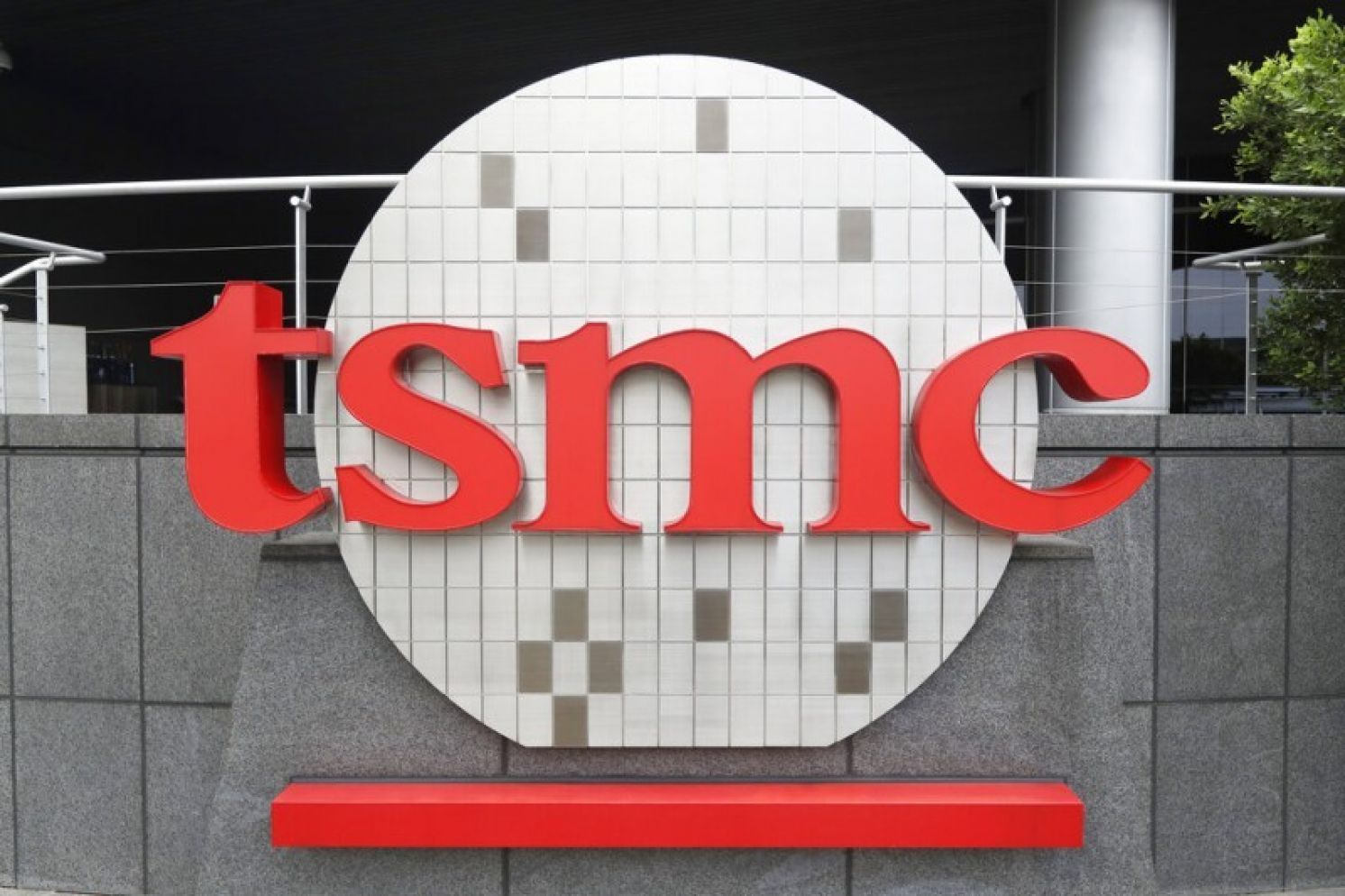
This Week in Taiwan 1015-1021
October 15: Morris Chang, founder of the Taiwan Semiconductor Manufacturing Company (TSMC), once again warned that the company has become a geo-political battleground. According to Chang, globalization and free trade are almost dead, and other companies will use geo-political trends to defeat TSMC. The challenges faced by TSMC will only become more arduous, and its main competitors are from within the United States.
October 16: Cross-strait tourism is currently open to a small number of "third-category" mainland Chinese tourists for application to come to Taiwan, while group tourism has not yet been opened. In response to the hope of the tourism industry to open entry to mainland Chinese group tourists, Minister of Transportation and Communications Wang Kwo-tsai stated for the first time that "they probably won't come this year; we'll have to see next year."
October 17: The withdrawal of party, government, and military officials from campuses was a chief demand of the Democratic Progressive Party (DPP) before it came to power. However, the National Federation of Education Unions indicated that high schools and vocational schools in four counties and cities, including Taoyuan, recently received a letter from the Ill-gotten Assets Settlement Committee requesting to hold workshops on campus. This bring up the issue of whether political disputes were being brought onto campuses, and the motivation behind such actions is questionable. The committee stated that through opinion exchanges on instructional activities related to transitional justices, teachers are encouraged to think about related issues, and there is no violation of administrative neutrality.
October 17: Due to protests by residents, TSMC announced that it would abandon the Longtan Phase III plant in Zhubei City, Hsinchu, as a base for advanced manufacturing processes. This is the first time that TSMC has encountered a bottleneck in seeking land for building a factory in Taiwan. Minister of Economic Affairs Wang Mei-hua expressed concern that other countries would compete for TSMC's advanced processes, and the government would definitely keep TSMC's most advanced processes in Taiwan.
October 19: Chair Laura Rosenberger of the American Institute in Taiwan (AIT) visited Taiwan again and told Taiwanese media that the United States opposes any unilateral change in the status quo by either side of the Taiwan Strait. She reiterated that the United States does not support Taiwan independence and called upon Beijing and Taiwan to engage in dialogue. Rosenberger also met with the three major presidential candidates, hoping that they could better understand U.S. priorities and interests and build a solid foundation for bilateral relations. This is Rosenberger's third visit to Taiwan within eight months since taking office in March, revealing unusual U.S. concern about the state of affairs in the Taiwan Strait.
October 19: Former President Ma Ying-jeou visited the United States and held talks with the National Committee on U.S.-China Relations (NCUSCR), advocating that the United States and the international community should promote cross-strait peace talks. According to Ma, the people of Taiwan hope for peace, and the general election next year will be a choice between peace and war. President Stephen Orlins of NCUSCR stated that during Ma's eight years as president, cross-strait peace and stability were maintained, and Ma's suggestions are worth considering by the United States.
October 20: President Joe Biden of the United States delivered a speech at the White House calling for support for funding for Israel and Ukraine's military operations and naming Hamas and Russian President Vladimir Putin as threats to American democracy. The White House will also submit an emergency funding request of $100 billion to Congress. According to Reuters, $7 billion of this will be used for the Indo-Pacific region including Taiwan. This move also reflects Washington's concern about another potential international conflict.
October 20: The Pentagon released its annual report on China's military power, stating that the People's Liberation Army (PLA) continues to conduct exercises around Taiwan, with an increasing number of PLA fighter jets entering Taiwan's air defense identification zone (ADIZ) to prepare for landing on Taiwan. The report stated that there is still a significant risk for Beijing to conduct large-scale amphibious landings on Taiwan, and China will do its best to prevent U.S. intervention. If the conflict lasts longer, the PLA may escalate to cyber, space, or nuclear warfare to end it.